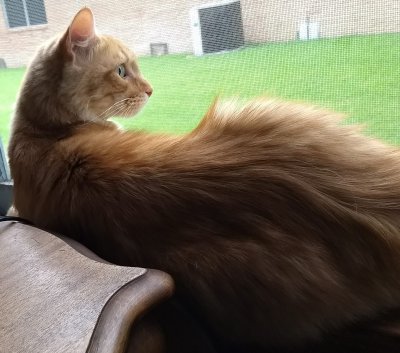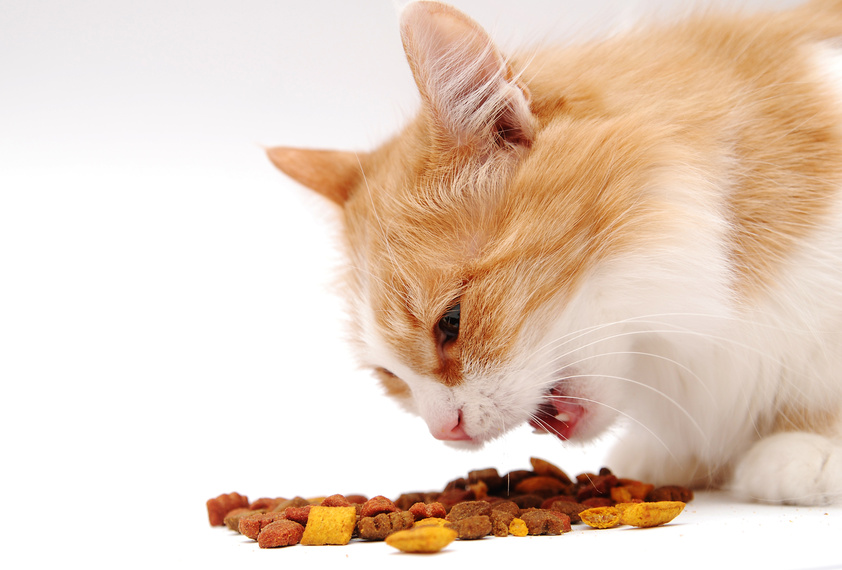- Joined
- Jun 22, 2020
- Messages
- 73
- Purraise
- 225
My cat Simon Peter is 8. At 2 he had his first dental cleaning and then yearly there after. He also gets his yearly checkup and vaccinations. Last month in June, he had his annual cleaning and the vet said one of the teeth looked like a resorption happening. He was seen the next week at a vet hospital. The vet showed me Simon's gums and I saw a red dot that indicated a problem with the tooth. They did xrays and found 4 teeth had to be removed. I told the vet I am very upset because I have been diligent about his annual dental cleanings and his health. And are the cleanings supposed to prevent teeth problems? The vet said, sometimes this just happens in cats.
So forum cat guardians:
1. Was the vet right when he said, "sometimes this happens"?
2. Is there anything I can do to prevent any future issues?
3. Does he really need the annual cleanings?
4. I feed him 4Health from Tractor Supply. Has anyone heard of any issues with their food?

So forum cat guardians:
1. Was the vet right when he said, "sometimes this happens"?
2. Is there anything I can do to prevent any future issues?
3. Does he really need the annual cleanings?
4. I feed him 4Health from Tractor Supply. Has anyone heard of any issues with their food?







 Someone started a thread on orange cats and gingivitis that I thought you might find interesting:
Someone started a thread on orange cats and gingivitis that I thought you might find interesting: 



